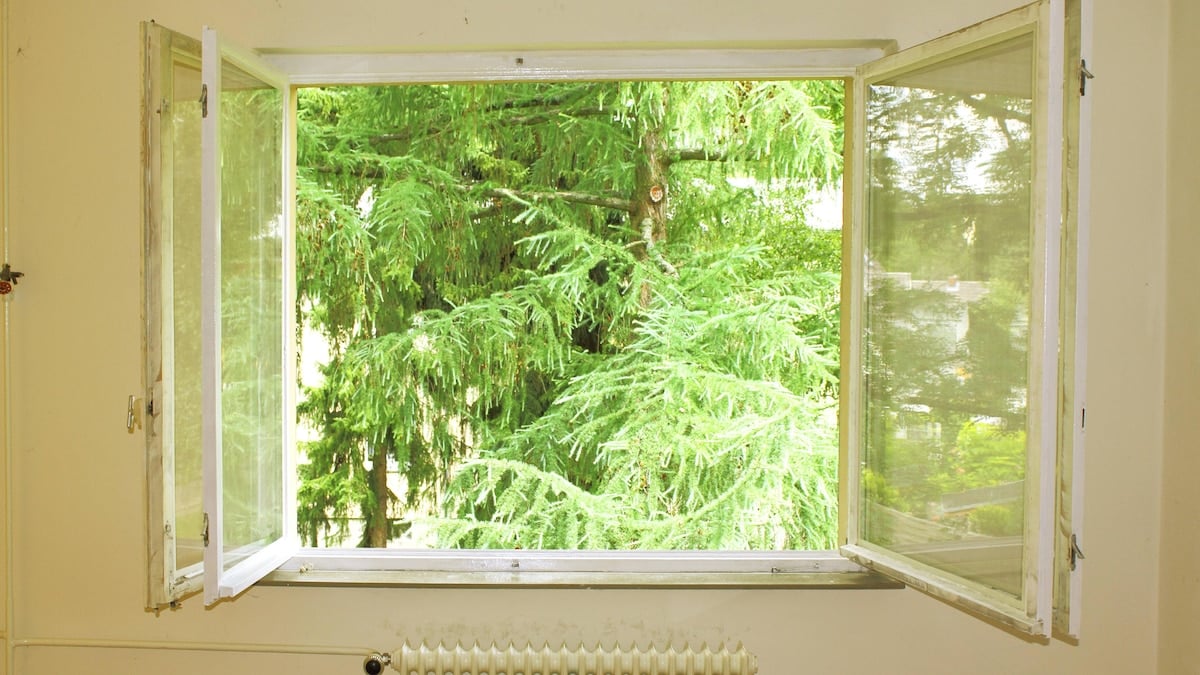680
Ventilation in winter is important to replace stuffy air with fresh air and to prevent mould. To prevent the rooms from cooling down, you should rely on short but intensive ventilation instead of tilted windows.
Ventilate in winter: Turn down the thermostats and save energy
Even if the temperatures outside are low in winter, you should air several times a day. Often mistakes are made when airing, which cause heat to disappear from the rooms and unnecessarily drive up heating costs.
- The dry, cold winter air is optimal for renewing the stuffy heating air in the rooms. Therefore, you should also ventilate regularly every day during the cold season. If you are not at home during the day, you should air at least twice – once after getting up and once in the evening. If someone is in the flat all day, it should be aired three to five times – depending on how many people are in the room.
- When airing properly, you should always open the windows as wide as possible. Tilting them open is not enough. On the contrary, there is a risk that the room will cool down and mould will form more quickly.
- A ventilation process should last between three and five minutes. Then the air in the rooms is fresh again, but the heat has not yet been completely drawn outside.
- Very important: Turn down the heating while ventilating. Otherwise you will only ventilate the heat outside. This will cost you money unnecessarily.
Push and cross ventilation: Optimal and fast air exchange in the rooms
At night you should keep the windows closed so that the rooms and walls do not cool down too much. It is better to air the bedroom intensively once more before going to bed.
- It makes a difference where the room is that you want to ventilate. It is usually cooler in the basement than in the attic. This means that you should ventilate occupied basement rooms less, but effectively, in order to save on heating costs.
- A lot of moisture accumulates in bathrooms and kitchens. To prevent mould here, you need to ventilate these rooms particularly intensively and perhaps more regularly than in other rooms. Airing out the rooms at regular intervals helps to remove pollutants and odours that promote dampness.
- Tip: If possible, you should cross-ventilate, i.e. open two opposite windows at the same time. This ensures an optimal and quick exchange of air.
- After airing and closing the windows completely, the heating can be turned up again.
